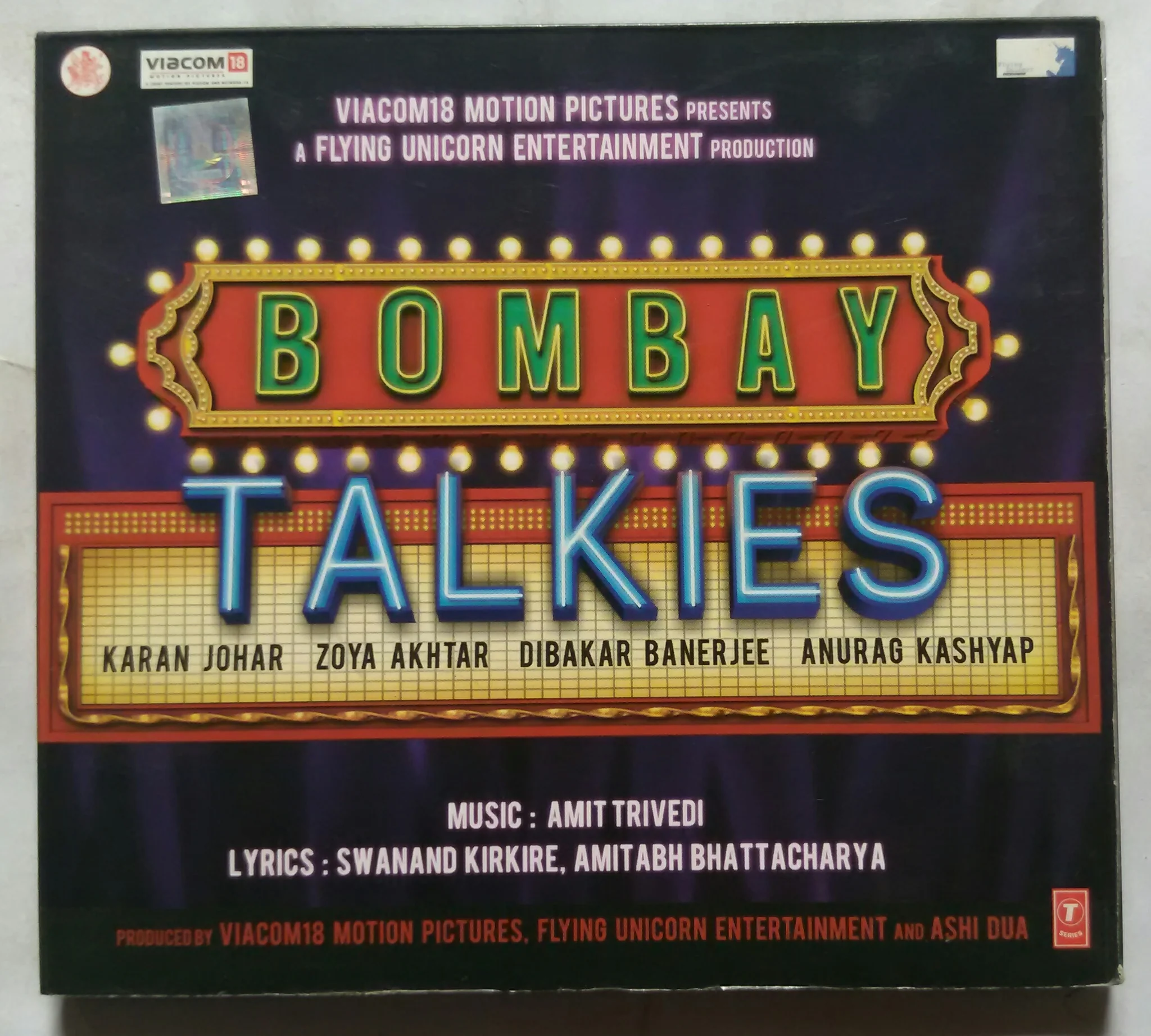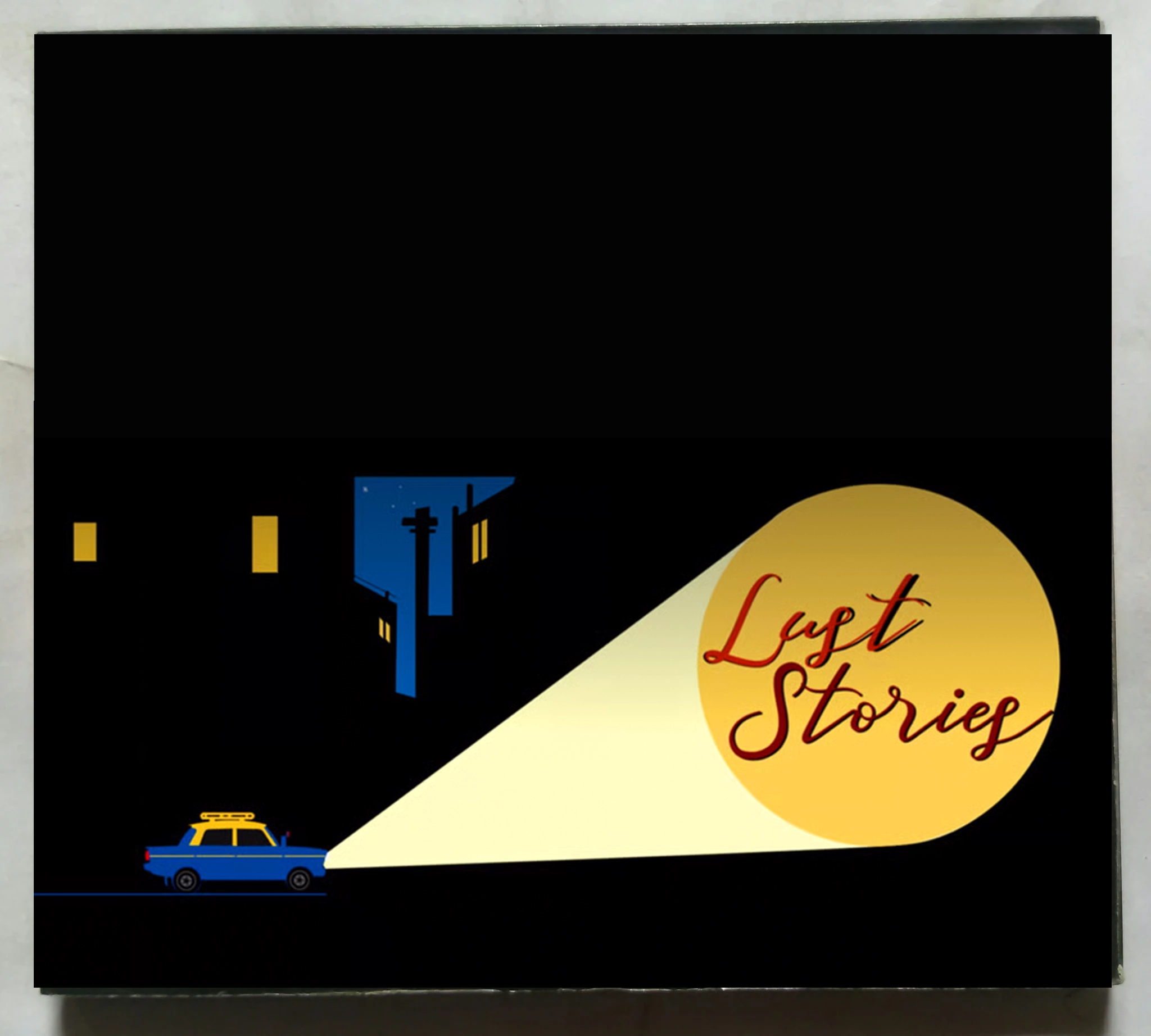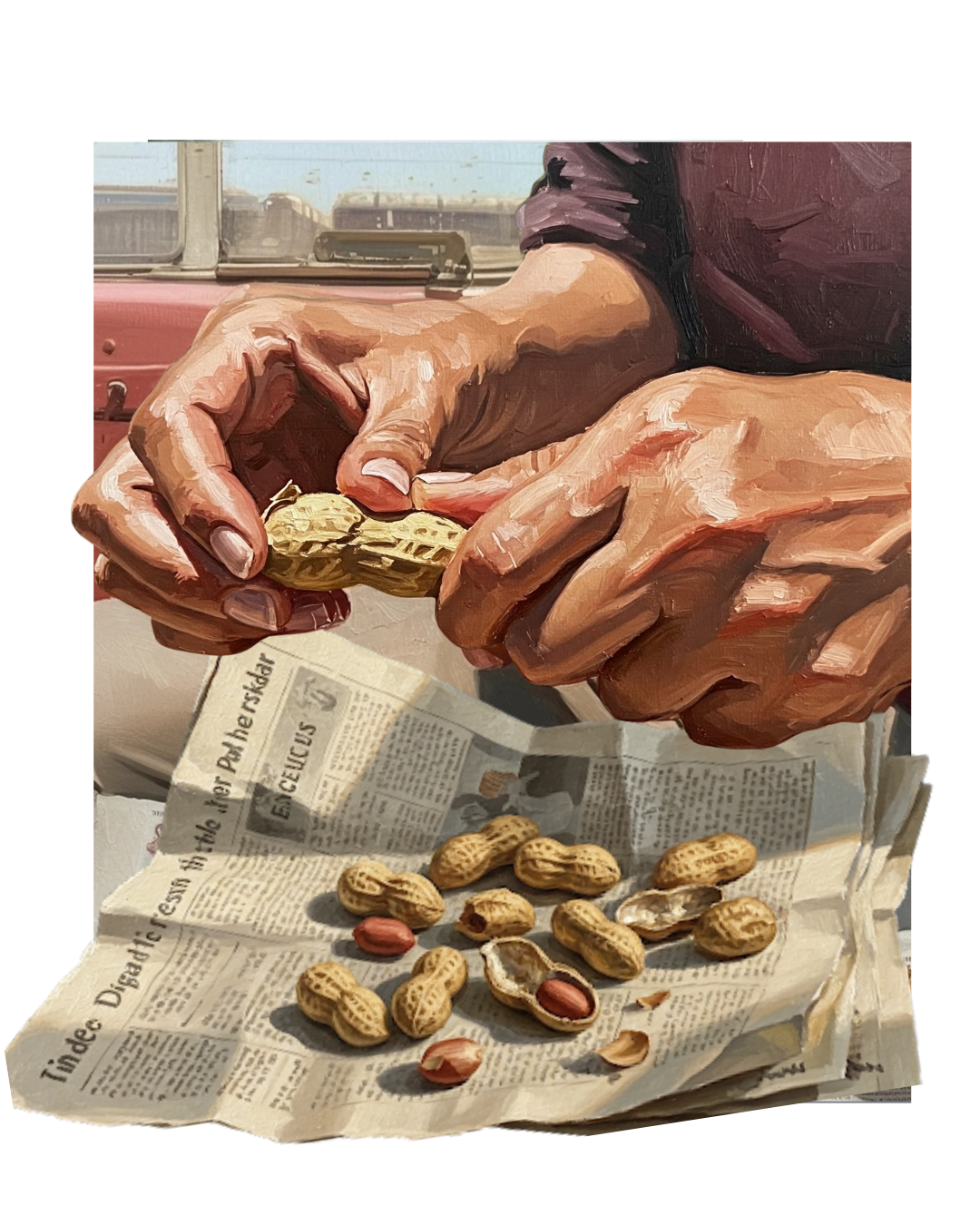The Bechdel Test, popularised by Alison Bechdel’s comic strip from 1985, is a measure used to evaluate the representation of women in fiction, particularly in movies and literature. Passing the Bechdel Test does not necessarily mean that a work is feminist or that it has strong female characters. It simply highlights the presence of women subjects whose narrative quotient is important beyond their relationship with men. In my conversation with Ashi Dua, we inadvertently passed the Bechdel Test without realising it.
Ashi is a luminary in the film industry and a visionary entrepreneur hailing from Bareilly, a vibrant city in Northern Uttar Pradesh. She blazed onto the scene at the tender age of 24, setting up her own film production company, Flying Unicorn Entertainment. Her debut venture, Bombay Talkies, made waves at the prestigious Cannes Film Festival in 2013, marking the beginning of a remarkable journey. Since then, Ashi has wielded her creative prowess to produce a string of acclaimed titles for Netflix. These include the Emmy-nominated Lust Stories, the haunting Ghost Stories, the vibrant Kaalakandi, the soulful The Right Note, and the recently released Lust Stories 2. Ashi’s career is akin to a compelling anthology, each project–a chapter in her narrative, weaving together diverse stories that captivate audiences worldwide.
“I believe that aiming to create a story that resonates with a global audience from the outset is a recipe for failure,” says Ashi, revealing her process of discovering and telling stories. “Instead, focus on crafting an authentic story that is true to your vision. Let the story be genuine and honest, without worrying about its potential global appeal.” Cinema has transcended language barriers, especially with the variety of content available on platforms today.
Bombay Talkies (2013); Lust Stories (2018)
By staying true to your roots and creating a story that is meaningful to you, the chances of resonating with audiences worldwide increase. Take, for example, “Parasite,” which wasn’t created with global success in mind, but ended up being celebrated internationally, even winning the first foreign-language film to win an Oscar. “The key is to create what is authentically yours, and if it strikes a chord with others, its impact can transcend borders,” says Dua.
In anthologies, which is Dua’s quintessential manner of portraying a story, we encounter the concept of “Sonder,” the realisation that each passerby has a life as vivid and complex as our own. This profound understanding is at the heart of her storytelling, where every character, no matter how minor, is the hero of their own story. Anthologies excel at portraying this truth, as they give voice to characters who might otherwise remain on the periphery.
Dua’s latest coming-of-age drama, Big Girls Don’t Cry, is not just a story; it’s a celebration of girlhood, capturing the essence of the most vulnerable yet transformative time in a young woman’s life. Through the eyes of seven girls, the series explores the complexities of growing up, the joys of friendship, and the quest for identity. Set in the backdrop of hostel and boarding school life, Ashi aims to authentically portray the unique experiences of these girls, showcasing their struggles and triumphs without sensationalism.
What sets this project apart is Ashi’s vision as a woman producer. Her nuanced understanding of the intricacies of girlhood adds depth and authenticity to the storytelling. Drawing from her own lived experiences, Ashi’s creative process is deeply personal, infusing the series with a sense of intimacy and relatability.
While Dua has been fortunate enough to not encounter gender bias in the industry, it’s undeniable that it exists. The disparity between the number of male and female directors is evidence of the same, but there has been a noticeable shift in recent years. Women are increasingly taking on diverse roles, not just confined to stereotypical genres or stories.
“Personally, I find myself naturally drawn to working with women in various roles, be it directors, writers, or producers. I’ve found them to be incredibly efficient and capable multitaskers, often exhibiting a level of patience and control that is admirable. This isn’t to discount the talents of men, but rather to recognise the unique strengths that women bring to the table,” says the producer.
Nauvari from Sangeet Sharda — a look into womanhood.
On her sets, you’ll often find a predominantly female crew, not because of any agenda, but simply because she believes in fostering an environment where everyone can thrive. “I firmly believe that creating better content for women is essential. We need to move beyond age-based limitations and stereotypes, embracing women of all ages and celebrating their power and presence on screen,” Dua extends her thoughts on the representation and the form of story-telling.
The Lamp test, an extension of the Bechdel test, is a measure of female character agency in storytelling. Ashi Dua’s narratives and storytelling highlight the good, bad, dirty, and everything in between, showcasing the spectrum that her characters embody as multidimensional and complex individuals. In doing so, Dua challenges stereotypes and gender roles, empowering women to be seen as architects of their destinies, rather than passive characters in male-driven plots. Through her role as a producer, Dua educates and entertains, inviting audiences to embrace the richness of women’s stories. Her approach serves as a model for inclusive storytelling, encouraging the new generation of storytellers to celebrate the complexity of womanhood in all its forms.
Words by Esha Aphale.
Featured image Ashi Dua. (Illustration by Tanya Chaturvedi.)








